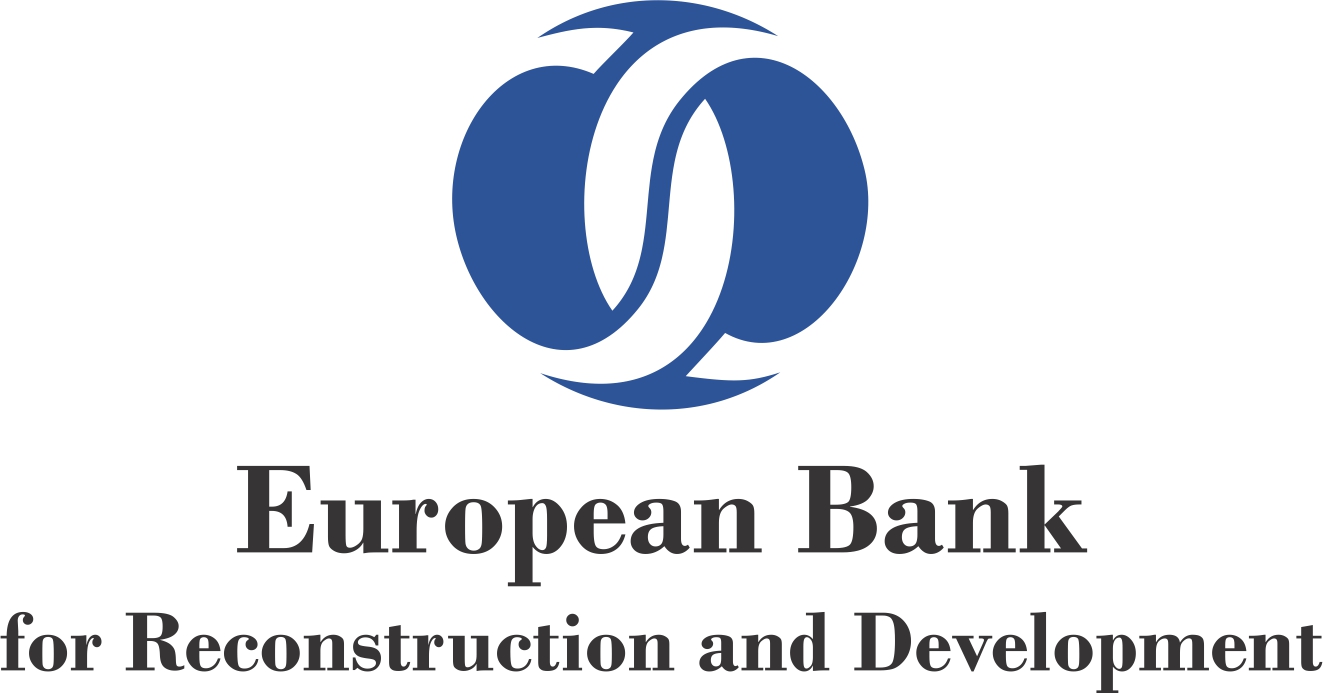Latest NEWS
- Aswat Masriya, the last word
- Roundup of Egypt's press headlines on March 15, 2017
- Roundup of Egypt's press headlines on March 14, 2017
- Former Egyptian President Hosni Mubarak to be released: lawyer
- Roundup of Egypt's press headlines on March 13, 2017
- Egypt's capital set to grow by half a million in 2017
- Egypt's wheat reserves to double with start of harvest -supply min
- Roundup of Egypt's press headlines on March 12, 2017
What does becoming an EBRD "country of operations" mean for Egypt?

Logo of European Bank for Reconstruction and Development (EBRD) - official website
By AbdelKader Ramadan
CAIRO, Oct 2 (Aswat Masriya) - The European Bank for Reconstruction and Development's (EBRD) recent designation of Egypt as a "country of operations" is an important milestone which Egypt has struggled to reach for five years, according to Former International Cooperation Minister Naglaa al-Ahwani.
The newly-acquired status means that Egypt is now allowed to use EBRD ordinary capital resources for operations.
The Presidency welcomed the decision in a statement on Wednesday and said that it is a recognition by all member states of EBRD that Egypt's political and economic transition is consistent.
Egypt is one of the founding members of EBRD in 1991, which included 64 countries and aimed at rebuilding a new post-Cold War era in Central and Eastern Europe. It has since fostered change in other countries.
Following the Arab Spring uprisings, the bank expanded its activities to include countries of the Middle east. Egypt acquired the status of a "possible operations country" in November 2012.
The final approval of Egypt's country of operations status is pending green light from the board members of the bank.
EBRD is not a commercial bank as it does not cater to individuals bank accounts or provide real-estate mortgages. It only funds companies and governments through offering loans, investments and financial guarantees. The bank now covers more than 30 countries in the world.
"Acquiring this status at this time is significant because it is a testament to Egypt's political and economic progress, especially that it was almost a unanimous vote, except for Turkey, which abstained from voting," Ahwani said, adding that Egypt will be able to receive funds that could exceed $ 1 billion annually.
EBRD has invested in 21 projects running in Egypt to date, including the renewal and improvement of the Cairo Metro services, restructuring of national railways and the construction of combined cycle gas in Damanhour in addition to loans and investments to private companies such as Fargallah and Assuit Cement Company.
The cumulative investment of EBRD has reached €762 million, 56 percent of which are in the private sector. Thirty percent of the bank's investments are in energy, 29 percent goes to industry and agribusiness, 26 percent in manufacturing and services, while 15 percent goes to financial institutions (banking).
EBRD supports small and medium enterprises through its counseling services, which it has provided to 120 company. It does not limit its activity to Cairo as 40 percent of its work covers other provinces.
Egypt applied for the country of operations status in 2010 but the January uprising in 2011 had stalled progress due to the political and economic turmoil that ensued.
The bank does not grant this status to all its members, as there are conditions that must be met regarding economic reform, respect for human rights, democracy and financial index. Tunis, Morocco and Jordan also acquired this status recently.
Ahwani said that the government has exerted intense efforts to convince member states that Egypt is on the path to economic and political reform.
"Two months ago, the Board of Directors held a meeting in Georgia… We went to the meeting and formed alliances of member states to apply pressure in the direction of approving Egypt’s request. We clarified the progress we have made with the road map and that the postponement of parliamentary elections was not a retreat from the regime but a commitment a judicial verdict," she said.
The bank's resources will be directed mainly to fund major national projects prioritised by the Egyptian government, the recently-appointed Minister of International Cooperation Sahar Nasrallah said in a statement on Wednesday.










